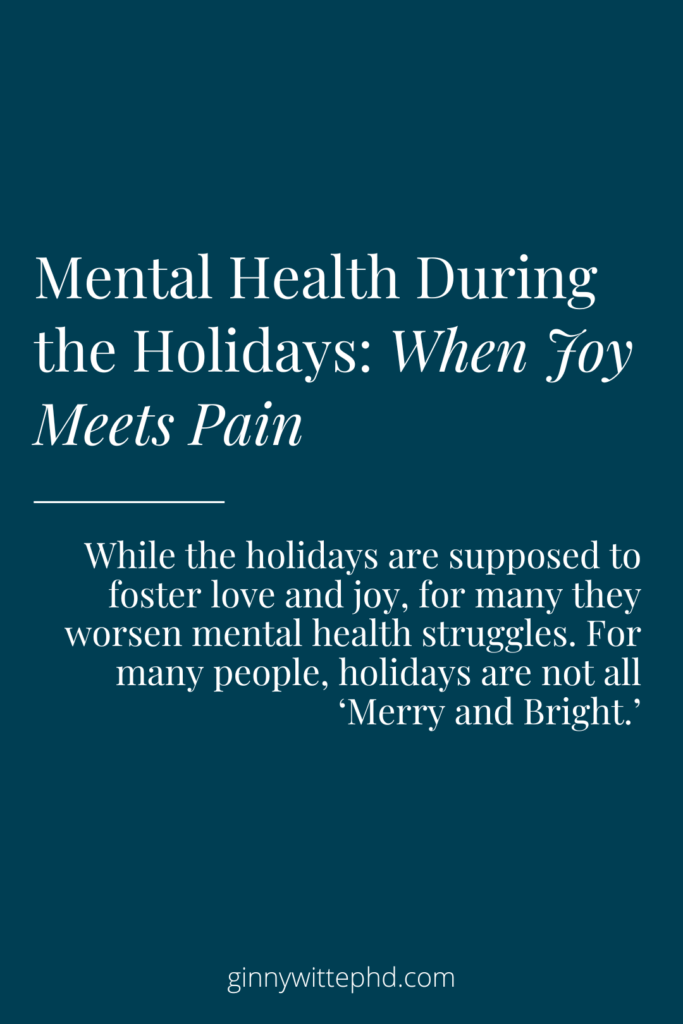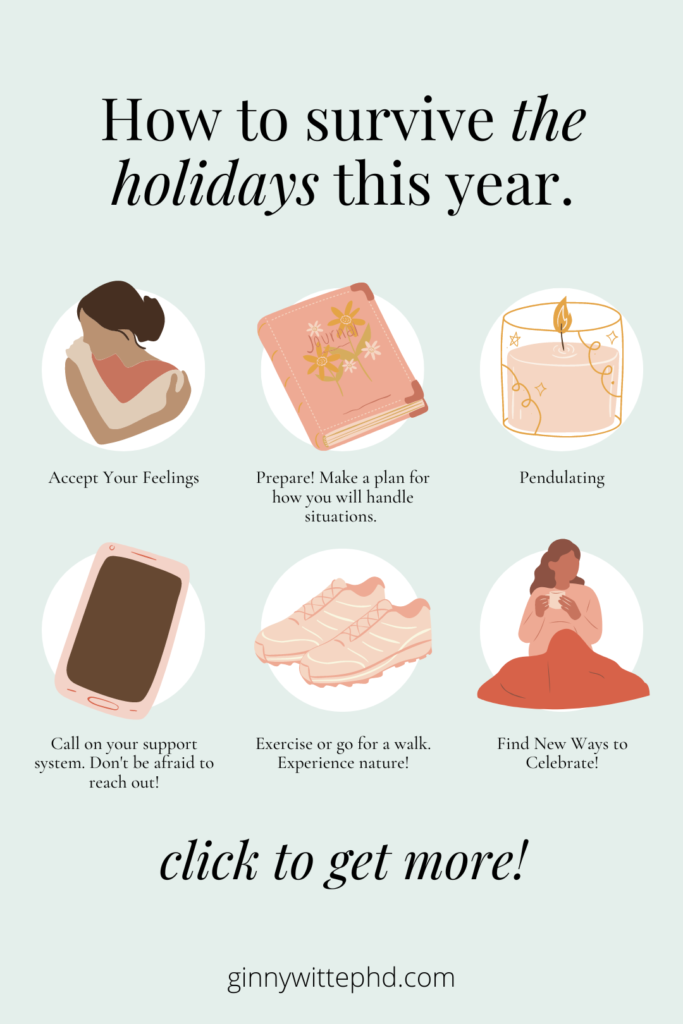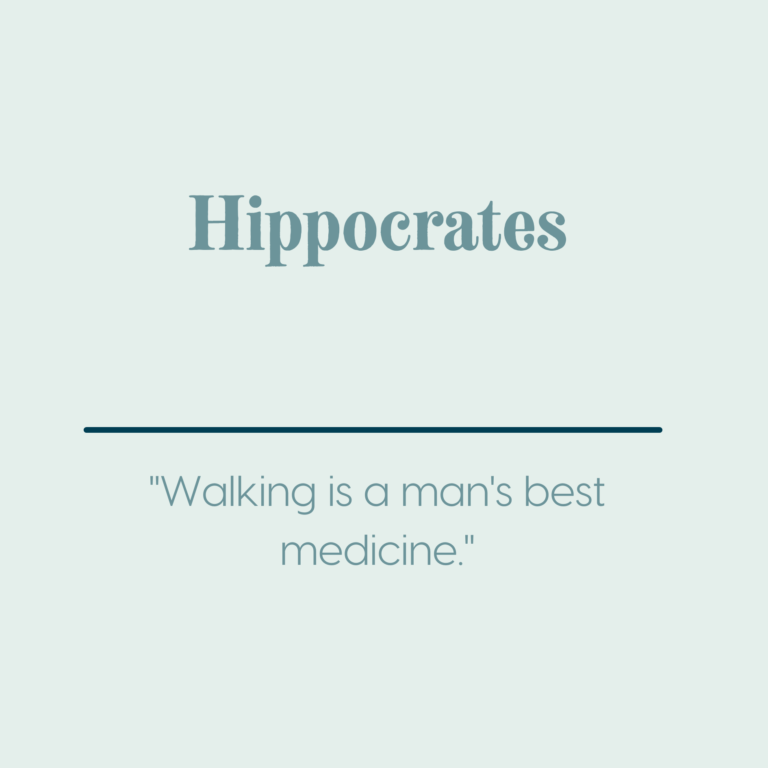My dear friends, how I wish my writing could ease and release your pain, the searing of the heart, the losses of hopes and unfulfilled dreams. These days where most are celebrating and enjoying their time with loved ones can be especially hard on our mental health for those of us who struggle with trauma, depression, etc.
Sometimes the holidays feel like open wounds, an aching heart, and intense pain. As we journey through the year, we land on one holiday after another, where merriment and togetherness are expected, but not always felt. This is not an easy road. The journey is hard. The walk takes courage.
While this entry is not meant to be therapy, it is shared to offer some comfort, hope, and support to help you as you journey through these dark days.
 Holidays are not all comfort and joy, even if the greeting cards say so.
Holidays are not all comfort and joy, even if the greeting cards say so.
While many people come together during the holidays to be with family and friends, many others quietly suffer through grief, loss, heartache, and loneliness.
For those of you who are not looking forward to the holidays, it’s okay.
If another year has passed and painful relationships still hurt, it’s okay.
If you are missing special people in your life this year, and it is hard to celebrate, that’s okay as well.
Wherever you are on this journey, it’s okay.
So many have traveled the painful holiday journey through the year, with each celebration bringing sadness in the pit of the stomach, anxiety that robs rest, or grief that seems to steal the soul. These are not easy moments.
The feelings are often felt as ‘dark’ emotions. The ones you avoid. The ones you hate to experience. The ones that seem to rob you of life. If I could make these dark emotions disappear into the night my friend, and bring bright, joyful feelings with the morning sun, I would.
This is not an easy journey to travel. It is a journey that is often lonely, painful, and requires deep courage. Holidays are like places that you stop as you travel through the year. Places meant to be restful, to connect with others, and be places of belonging and love. You anticipate these times and have visions and dreams of what they will be. For many of you, these holidays have been yearly traditions and carry memories of the past. These may be good memories and you yearn for them to remain the same. But life changes . . . If the memories were painful, you may dread the upcoming days and wish your journey went to different places. Part of your journey may be finding these new places.
 This post is for all of you courageous people who travel through these painful places that we call holidays. Events that are supposed to engulf us in family love and traditions, warm our hearts and nourish our souls.
This post is for all of you courageous people who travel through these painful places that we call holidays. Events that are supposed to engulf us in family love and traditions, warm our hearts and nourish our souls.
When hopes and dreams don’t come true, when what should be joy becomes pain, what can we do?
Below are a few tips you can try. Many are based on research and have shown to help individuals feel better. Some take planning ahead of time. Others you can practice when you feel down. Each one depends on what state your body is in. For example, if you are feeling anxious, movement and activity often provide the needed support to move that energy through. If you are down and can’t move, safety is the necessary piece. For a better understanding of these states, you can read this post on the three states of the nervous system.
As you read, listen to your body. It will tell you what may be helpful for you at the moment.
Mental Health Maintenance If You Already Feel Connected
For those of you who feel connected, and are looking forward to the holidays, please consider reaching out.
During any holiday season the most precious gift you give may be a connection with others. Connection brings life. It brings hope. And, it fosters love. Most of all, it’s free.
Not everyone feels connected. Not everyone is welcomed. Many have nowhere to go, or are managing painful life challenges. Yet, they put on a happy face. While living these challenges alone is tough, finding another way through can be even more difficult.
Reaching out is also a wonderful way to help others feel the connection they so desperately need. Reaching out can also teach our children the importance of connecting and including others. If your holidays are going well, who can you reach out to, connect with, and include in your festivities? This simple gesture can be lifesaving for those who struggle.
Why is this so?
Feeling forgotten, isolated, excluded, or separated is painful and is a signal of threat to the human nervous system. When feeling threatened, the body reacts accordingly, sending the individual into a downward spiral of sadness, loneliness, isolation, dysregulation, and often depression. Humans are biologically wired to connect, and a break in that connection is felt not only in the head, heart, and soul, but first in the nervous system. It resonates throughout the body. This process is not conscious, it’s an unconscious process of protection. Let’s all learn to connect better!
If You Are Struggling: Twelve Mental Health Tips to Support You Through
Fortunately, there are tools that you can use to help you ride the waves of life. These tools can help you manage life’s ups and downs, or to live with these ‘big’ emotions.
The following tips come from experts in the field of stress and trauma. In moments of struggle and pain the practices may not feel easy and can take effort and courage. Find the ones that you feel can work for you. Practice them daily, and use them as support and comfort. And, find a support system to encourage you as you learn tools and develop resilience. This inner work will transform the outer you and help you find your true self; the one that is strong and vibrant you.

1. Accept Your Feelings
These feelings are part of you. They are real and present. Accept them. Acknowledge them. Thank them. Listen to them and see what they want you to know. Accepting who we are, the good and the bad, has a profound effect on our physical and emotional health. Yet, self acceptance doesn’t come easy for many of us.
2. Prepare ahead
While this may seem impossible, sometimes it is helpful to take a moment and acknowledge the situation. Think of ways you can support yourself through difficult situations. And set this time aside as you would when preparing for a journey. Take time to plan just as you would plan and pack for a trip. Sometimes when we go on trips, there are bumps in the road. Sometimes big ones. Find ways to get through these bumps as you travel through the year. You need a plan.
When preparing, think of ways that you can bring comfort and nurturing into your life to counter the pain and suffering. If you need to sleep, how can you make your place of rest engulf you in love and support? Think blankets, pillows and the feel you get from them. Often weighted blankets are calming to the body. Think about an uncluttered bedroom with only items that bring you peace and rest. Remove as much light from technology as possible. Keep your place of rest a sanctuary: clean, uncluttered, and peaceful.
Support your body as much as possible to provide you with strong inner resources. Eat healthy foods, drink lots of water, get out and get fresh air, talk with friends, have things that you like to do on hand. Do you have books you are waiting to read? Favorite movies you are waiting to watch? Food in the freezer in case you don’t feel like cooking?
And most of all, lessen the load of other life stresses. Each added stress lessons the ability to cope with the stresses you cannot avoid.
3. Self-Compassion
Taking time to offer yourself some self-compassion can nurture your entire being. In the words of Dr. Kristen Neff, “Self-compassion steps in precisely when we fall down, allowing us to get up and try again.” But self-compassion doesn’t come naturally, although our body craves it and will thank you.
Dr. Kristen Neff has several wonderful self-compassion exercises here: https://self-compassion.org/category/exercises/ One of my favorites is her short, five-minute self-compassion exercise.
 Some of you may turn to your spiritual practices. Prayer, reading scripture, and meditating can also bring hope and peace. Research shows that prayer and meditation activate the frontal lobes, improving attention, focus, and memory. These areas of the brain are known to go offline incrementally as stress levels go up. Prayer and meditation also have been shown to improve overall well-being, decrease anxiety, and decrease depression.
Some of you may turn to your spiritual practices. Prayer, reading scripture, and meditating can also bring hope and peace. Research shows that prayer and meditation activate the frontal lobes, improving attention, focus, and memory. These areas of the brain are known to go offline incrementally as stress levels go up. Prayer and meditation also have been shown to improve overall well-being, decrease anxiety, and decrease depression.
4. Avoid revisiting the past
While past memories can bring comfort, they can also reinforce pain. When sorrow is visiting, it may not be the time to reflect on past memories or moments that are no longer possible. Thank yourself for the reminder of those moments, but don’t dwell on them. Instead, find ways to soothe them and replace them.
5. Have a support team
We all need our cheerleaders. Those people who believe in us and are there for us when we need them. Take time throughout the year to find and build this team. While it can be hard to reach out when feeling down, remember that the people who support you love you, and they are equally blessed when they support you. This is how humans survive, we help each other.
6. Pendulate
Pendualte sounds like a strange term to associate with pain. In the somatic field of stress and trauma it means to move back and forth between the good feelings and the tough ones. Dr. Peter Levine has worked extensively with pendulation in the field of trauma.
When we practice pendulation we are able to experience being with the pain, and then teaching the body how to then move away from the pain to something less painful. This practice of flowing between the pain and less pain allows the body some freedom as it now has an opportunity to feel some relief. As you continue to pendulate and experience both the pain and the relief, you increase your window of tolerance for challenging emotions, and at the same time increase time spent with better feelings.. Pendulation can be an important practice, helping the body to be with suffering, yet not be hijacked by the suffering. It gives you a place of acceptance and a new place to stop and rest on your journey.
Where are these good feelings? Somewhere deep inside you, out the window, or around you, find a glimmer of something lovely. Someone you feel close to, a memory that warms your heart, the sun shining, whatever takes your mind from the pain to something more pleasant. Think of things that make you smile: something in nature, a pet, a peaceful lake, the comfort of wrapping in a favorite blanket while you nest in bed. Notice how your body feels when it is able to rest in a glimmer of joy. Gradually begin to increase the amount of time in this memory of joy as you pendulate back and forth. It’s a little like being on a teeter-totter. You just don’t want to be stuck with the pain holding you down. This is great to practice daily to build your emotional endurance.
Here is one pendulation practice to try https://www.emdr-training.net/wp-content/uploads/2021/08/Pedulation-Exercise.pdf
7. Nature
Have you ever been outdoors and found yourself spellbound and in awe of something around you? There is such beauty, such mystery, and so much to wonder about in nature. I often find myself solving so many of life’s problems when my hands are deep in the dirt, or my legs trudging through the knee-deep water of Lake Michigan.
Spending time in nature has been shown to lift the spirits. There is something about being in touch with the natural world, feeling the sand beneath your feet, the sun on your face, hearing the birds sing, the water flow, and watching the sun set that creates an emotional shift.
When we are in pain, we often tend to ruminate, or play the same thoughts and visions over and over in our brains. Spending time in nature has the benefit of reducing this ruminating behavior, releasing some of this mental tormenting. Nature can also remind us of the importance of Letting Go and support us in the process. You may enjoy this blog post on the process of letting go.
 Sometimes getting out in nature feels like it is too much for the body. If you feel this way, you might try watching nature shows, or listen to nature sounds online. You can watch nature out the window, snuggle with a pet, or peer through some beautiful nature books. Find what appeals to you, takes your mind to peace, and creates wonder and awe.
Sometimes getting out in nature feels like it is too much for the body. If you feel this way, you might try watching nature shows, or listen to nature sounds online. You can watch nature out the window, snuggle with a pet, or peer through some beautiful nature books. Find what appeals to you, takes your mind to peace, and creates wonder and awe.
8. Find New Ways to Celebrate
Sometimes we want to hold onto the good memories. Or the visions of what we see in marketing ads. What is designed to entice us can also bring us pain. But sometimes these hopes and dreams do not serve us in the moment. They are out of reach for today.
You may be ready for new adventures that fill your current interests and needs. Think of new ways to celebrate, new people to celebrate with, and new reasons to celebrate
Ponder what you would most like out of the holidays. If it’s your birthday, seek out someone or others who you would like to celebrate with you. Enjoy a drink together, a hike together, a game night together. Find something that connects you with those who nourish you and celebrate your friendship together.
If you most enjoy the holiday foods, think of a wonderful meal you may like to prepare. Keep it simple but have your favorite things. Invite others to join you. You may do this on the day itself, or you may do it on an alternative day. The idea is to do what you love and make it happen.
If you love decorating, gift giving, or attending a special holiday program, get tickets and invite someone to go with you. Begin thinking and planning ahead before these events are upon you.
As you find ways to fill your holiday with events, people, and things that you love you will begin to build new traditions and memories. This is not easy, as you must begin to release the hopes you long for. But new experiences can give you good moments to reflect on.
9. Honor Yourself and the Work You are Doing
Healing comes through hard work. And sometimes through suffering. Suffering can be like walking the desert in bare feet. Or trying to stay afloat in the middle of a stormy ocean without a raft or boat. It may feel like pulling yourself out of the depths of the earth by your fingernails. It is not easy. Just as marathon runners have their team who cheers them on, find yours. Part of your team may be inside you. Part of the team may be others you know. And part of your team may come from your spiritual walk. Honor the hard work you are putting forth.
Find your team. Use them. And thank them. They want to walk this journey with you. Their encouragement and presence is a way of honoring you and your efforts. Learn from them and remember to honor your efforts as well.
10. Focus on the Positives and Give Gratitude
Gratitude. Sometimes it just sounds hard, or out of reach. Yet researchers have shown over and over that gratitude is good for your physical and mental health. Just spending a few minutes a day focusing your mind on something good can do wonders for your overall well-being, reducing depression, anxiety, and trauma.
A few moments of gratitude can help lull you away from what makes you unhappy, to a few moments of what makes you happy. Like a practice in pendulating. Your mind will pull you away to a sad thought, and gratitude will place in your heart a pleasant one. Think of thoughts of gratitude like little sparkly stars filling your heart.
 Look for small glimmers in your day. The shining sun, sipping your favorite cup of coffee, the smile of a stranger. Write them down.
Look for small glimmers in your day. The shining sun, sipping your favorite cup of coffee, the smile of a stranger. Write them down.
At one period in my life, many years ago, when I was going through a very challenging time, I stopped in the grocery store to pick up a few items. The checkout clerk must have noticed my dismay and left me with a comment that still rings in my heart today. A complete stranger gave me a glimmer of hope and love and probably doesn’t know what a major impact she had on me. The kind words still come to me fifteen years later.
Once you find these glimmers, spend a few moments each day meditating on them. Give your heart and brain a rest and feed them some powerful moments of gratitude. Even our hearts and brains need refueling. You can meditate on your glimmers, or you can journal them. Journaling offers the added benefit of having a tangible resource of glimmers at your fingertips to reminisce over. Just imagine how it can feel to hold a bundle of beautiful sparkly stars! Check out this blog on the benefits of journaling.
11. Call for help
If you find life is too much and the journey too hard, please call 988 where trained licensed counselors will support you and help you with the situation you are in. They can help you find hope in the pain and take the next step forward.
If you just need someone to talk to, listen to, and offer support, you can also try ‘warmlines.’ Warmlines is confidential and free. They are staffed by people who have gone through their own struggles and now offer support to others. You can find the warmline in your state here.
12. Seek Counseling or Therapy
This post is not suggested to be or replace therapy. It is for educational purposes only. Please contact a licensed therapist who can help you find ways to walk this path in your journey. A seasoned therapist can help you create a plan, practice it, and build space for challenging times. While the suggestions above are general, a trained therapist can help you find unique supports that build inner strength to help you not only get through life’s challenges, but to grow in the process. They can help you find the sun after the storm.
Blessings my friend. You are a hero.
Connect >>References and Resources
Capable. (2022). Capable weighted products. https://www.capeable.com/?utm_source=draimie&utm_medium=audience&utm_campaign=promo
Jordan, R. (2015). Stanford researchers find mental health prescription: Nature. Stanford News. https://news.stanford.edu/2015/06/30/hiking-mental-health-063015/
Levine, P. A. (2019, Aug. 15). What is pendulation in somatic experiencing with Peter A. Levine. YouTube. https://www.youtube.com/watch?v=LiXOMLoDm68
Mental Health America. (2022). Need to talk to someone? (Warmlines). tolines.https://screening.mhanational.org/content/need-talk-someone-warmlines/?layout=actions_c
Munoz, F. (2015). Prayer and patient well-being. https://www.researchgate.net/publication/280924338_Prayer_and_Patient_Well-Being
National Alliance of Mental Illness (NAMI). (2014, Nov. 19). Mental health and the holiday blues. NAMI. https://www.nami.org/Press-Media/Press-Releases/2014/Mental-health-and-the-holiday-blues
Neff, K. (2022). Self-compassion. Self-Compassion by Kristen Neff. https://self-compassion.org/self-compassion-kristin-neff/
Neff, K. & colleagues. (2022). Self compassion publications. Self-Compassion by Kristen Neff. https://self-compassion.org/the-research/
Newberg, A. B. (2015). The Neurotheology Link: An intersection between spirituality and health. Alternative and Complementary Therapies, 21(1), 13-17. doi: 10.1089/act.2015.21102
Pendulation Practice to try https://www.emdr-training.net/wp-content/uploads/2021/08/Pedulation-Exercise.pdf
Pillay, S. (2016, May 16). Greater self-acceptance improves emotional well-being. Harvard Health Publishing.
https://www.health.harvard.edu/blog/greater-self-acceptance-improves-emotional-well-201605169546
Sherman, A. C., Salsman, J. M., Park, C. L., Messias, E. L., Williams, M. L. . . . & Simonton-Atchley, S. (2022). Relationships between gratitude and mental health difficulties during the COVID-19 pandemic in a southern region of the United States. European Journal of Mental Health, 17(2), 118-130.
Siedlecki, K. L., Salthouse, T. A., Oishi, S., & Jeswani, S. (2014). The relationship between social support and subjective well-being across age. Social Indicators Research, 117(2):561-576. doi: 10.1007/s11205-013-0361-4.

